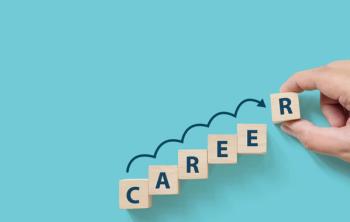
We are all familiar with the heavy emotional labor loads that are part and parcel of clinical life. But what about the toll of exposure to verbal abuse and hostility in the workplace? Is there another labor that clinicians must contend with?
Dr Jain is a board certified psychiatrist, with specialty expertise in PTSD, primary and mental health integrated care, and women’s health psychiatry. She is a former health services researcher, affiliated with the National Center for PTSD, and from 2012-2020, she served as Medical Director for Integrated Care at the VA Palo Alto Healthcare System. She is an adjunct clinical professor of Psychiatry and Behavioral Sciences at the Stanford University School of Medicine and a distinguished fellow of the American Psychiatric Association and the author of The Unspeakable Mind: Stories of Trauma and Healing from the Frontlines of PTSD Science (Harper, 2019).

We are all familiar with the heavy emotional labor loads that are part and parcel of clinical life. But what about the toll of exposure to verbal abuse and hostility in the workplace? Is there another labor that clinicians must contend with?

A psychiatrist ponders: What happens when your career, which usually brings you joy and gratitude, paradoxically becomes a source of great stress?

How can you tackle macro and micro stresses in the health care profession?

Excellence in psychopharmacology demands sensitivity to the associated ethical considerations. The key considerations of psychiatry are both complex and dynamic, and psychiatrists who develop and refine their ethics skill set will be in a better position to anticipate and respond to ethical dilemmas as they arise in their practice.

Published: May 7th 2011 | Updated: